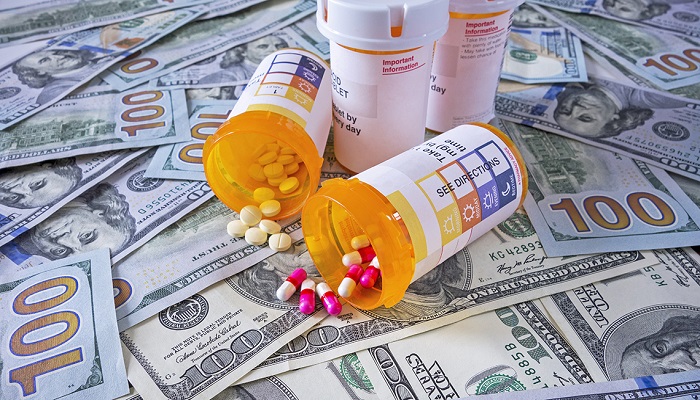Pfizer, GSK, Sanofi and Teva are raising prices on some drugs by less than 10 percent, according to new report.
Drugmakers including Pfizer Inc, Sanofi SA, and GlaxoSmithKline Plc plan to raise prices on more than 300 medications in the United States, according to pharmaceutical companies and data analysed by healthcare research firm 3 Axis Advisors.
The hikes come as pharma giants are reeling from the effects of the COVID-19 pandemic, which has reduced doctor visits and demand for some medicines.They are also fighting new drug-pricing rules from the Trump administration, which would reduce the industry’s profitability.
The companies kept their price increases at 10 percent or below, and the largest pharmaceutical companies to raise prices so far, Pfizer and Sanofi, kept nearly all of their increases 5 percent or less, 3 Axis said. 3 Axis is a consulting firm that works with pharmacists groups, health plans and foundations on drug pricing and supply-chain issues.
GSK did raise prices on two vaccines shingles vaccine Shingrix and diphtheria, tetanus and pertussis vaccine Pediarix by 7 percent and 8.6 percent, respectively, 3 Axis said.
Teva Pharmaceuticals Inc hiked prices on 15 drugs, including Austedo, which treats rare neurological disorders, and asthma steroid Qvar, which together grossed more than $650m in sales in 2019 and saw price hikes of between 5 percent and 6 percent. Teva hiked prices for some drugs, including muscle relaxant Amrix and narcolepsy treatment Nuvigil, as much as 9.4 percent.
In 2020, drug companies raised prices on more than 860 medicines by about 5 percent, on average, according to 3 Axis. Drug price increases have slowed substantially since 2015, in terms of the size of the hikes and the number of medications affected.
The increases come as pharmaceutical companies like Pfizer are developing vaccines for COVID-19 in record time. The hikes could help make up for lost revenue as doctors visits and new prescriptions plummeted during the global lockdown.
Pfizer plans to raise prices on more than 60 drugs by between 0.5 percent and 5 percent. Those include roughly 5 percent increases on some of its top sellers like rheumatoid arthritis treatment Xeljanz and cancer medications Ibrance and Inlyta.
Pfizer said it had adjusted the list prices of its drugs by approximately 1.3 percent across all products in its portfolio, in line with inflation.
“This modest increase is necessary to support investments that allow us to continue to discover new medicines and deliver those breakthroughs to the patients who need them,” spokeswoman Amy Rose said in a statement, pointing in particular to the COVID-19 vaccine the company developed with Germany’s BioNTech SE.
It said that its net prices, which do not include rebates to pharmacy benefit managers and other discounts, have actually fallen for the last 3 years.
France’s Sanofi plans to increase prices on a number of vaccines by 5 percent or less and will announce more price increases later in January, spokesperson Ashleigh Koss said.
None of the company’s price increasehttps://twitter.com/ashleighkosss will be above the expected growth rate of US health spending of 5.1 percent, Koss said.
Slashing US prescription drug prices which are among the highest in the world was a focus of US President Donald Trump, after making it a core pledge of his 2016 campaign. He issued several executive orders in late 2020 meant to cut prices but their effect could be limited by legal challenges and other issues.
A federal judge in December blocked a last-minute Trump administration rule aimed at lowering medication prices that was set to be implemented at the beginning of 2021. It was challenged by drug industry groups including PhRMA, the nation’s leading pharmaceutical trade group.
President-elect Joe Biden has also promised to reduce medicine costs and to allow Medicare, a US government health insurance programme, to negotiate drug prices. He has support from Congressional Democrats to pass such legislation, which the Congressional Budget Office has said could cost the industry more than $300bn by 2029.



